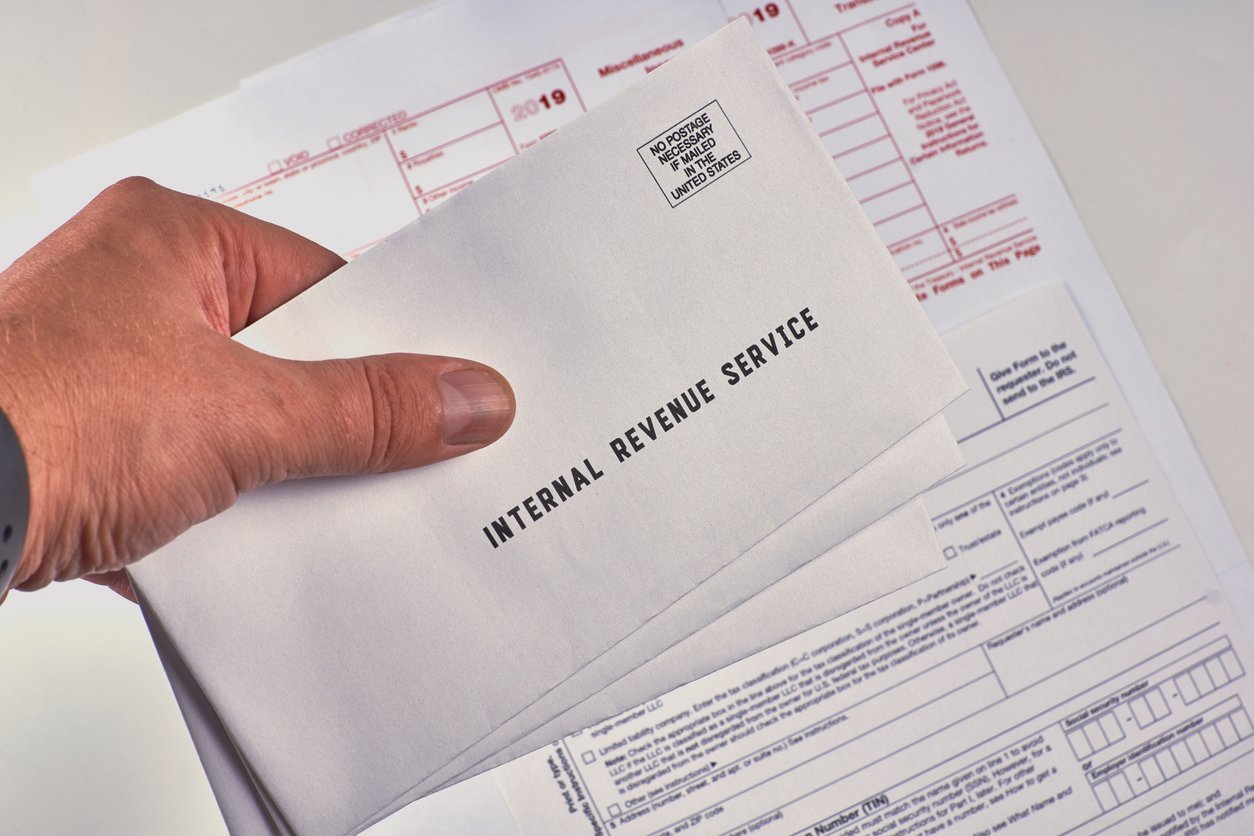
Filing federal taxes can be a complicated and stressful process. Homeowners may wonder if they qualify for tax deductions or other benefits that lower their tax liability.
Fortunately, the IRS understands that filing federal taxes can be confusing, so they published tax documents that detail how homeowners should treat their home-related costs when filing their taxes.
What Is IRS Publication 530?
The Internal Revenue Service (IRS) is responsible for collecting taxes and administering federal tax laws in the U.S. As part of their services, they publish many documents to help tax filers better understand their tax liabilities.
IRS Publication 530 was explicitly created to provide tax information for homeowners. It includes information about the records homeowners should keep and the expenses they can deduct from their taxes.
Who Does IRS Publication 530 Help?
Information from this publication helps homeowners of all kinds. Properties that contain spaces to sleep, cook, and use the bathroom are considered homes for real estate tax purposes.
IRS Publication 530 provides information for owners of:
- Single-family homes
- Apartment co-operatives
- Condominiums and townhomes
- Mobile homes
- Houseboats
The information provided in IRS Publication 530 is only for owners of primary residences. Real estate investors with residential rental properties can find helpful tax information in IRS Publication 527.
Information Covered By IRS Publication 530?
IRS Publication 530 covers common topics and questions homeowners have about their home’s tax liability. It explains what is taxable and what expenses are deductible. It also covers how homeowners can claim tax credits and shows which home-related records are essential to keep.
Home-Related Deductible Expenses
Many home-related items and expenses can be deducted when filing federal taxes. This includes mortgage insurance premiums, mortgage interest, and local or state real estate taxes.
For homeowners to benefit from these deductions, taxpayers need to itemize their home-related expenses on Schedule A of Form 1040. By itemizing their deductions, homeowners cannot claim the standard deduction when filing their taxes.
Items That Cannot Be Deducted On Taxes
Not all home-related costs can be deducted from taxes. A home’s utility payments such as internet, gas, electricity, and water services can’t be deducted from taxes. Any insurance costs other than mortgage insurance are ineligible for deduction. This includes title insurance, comprehensive insurance coverage, and fire insurance.
Except for mortgage interest, all closing costs are expenses that can’t be deducted from federal taxes. Common charges, including those paid to a homeowners’ association or condominium association, are non-deductible items. The wages paid to anyone who helps maintain the home and any repairs made to the home are also non-deductible.
How To Claim Mortgage Interest Credit
Mortgage interest credits make homeownership more affordable for lower-income homebuyers. This publication helps homeowners learn if they qualify for this tax credit and how to claim it.
Learn Which Records To Retain
It’s important to keep records of improvements made to the home and any adjustments in its property value. This allows homeowners to track the value of their property over time and may be needed for capital gains tax reasons.
The IRS also recommends keeping records that support any income, deductions, or credits that appear on tax returns. The IRS can audit tax filers for a period of three or six years after filing, but there are exceptions where it’s helpful to have these records on hand indefinitely.
This material is for general information and educational purposes only. Information is based on data gathered from what we believe are reliable sources. It is not guaranteed as to accuracy, does not purport to be complete and is not intended to be used as a primary basis for investment decisions. It should also not be construed as advice meeting the particular investment needs of any investor. Realized does not provide tax or legal advice. This material is not a substitute for seeking the advice of a qualified professional for your individual situation.



